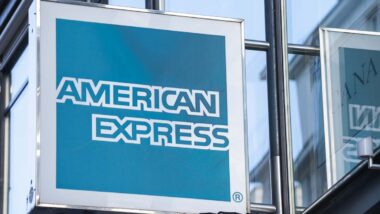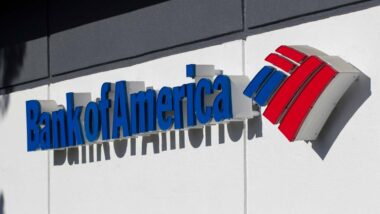Top Class Actions’s website and social media posts use affiliate links. If you make a purchase using such links, we may receive a commission, but it will not result in any additional charges to you. Please review our Affiliate Link Disclosure for more information.

Among the named defendants is Digital Federal Credit Union (DFCU), which is among the largest such institutions in New England. DFCU attempted to have a class action lawsuit originally filed in June of 2018 dismissed; however, a U.S. District Judge ruled that the complaint was valid and denied the motion.
DFCU and other credit union and banking institutions stand accused of abusing what was once a useful service that consumers used only on rare occasions. In recent years however, as consumers have been overdrawing their accounts less frequently, these banks and credit unions have allegedly been charging fees when even when there were sufficient funds available to cover a given transaction.
In some cases, plaintiffs in credit union overdraft lawsuits claim they were charged multiple times for the same transactions. Others say these institutions have failed to be clear on just how and when these fees are incurred.
About Overdraft Fees
An overdraft fee is assessed when a bank or credit union covers a transaction for which there are insufficient funds in the customer’s account at the time.
This is different than transferring funds from a linked customer account. In those situations, the customer instructs the credit union to transfer money from a savings account to cover the transaction. Fees for these transfers are relatively low, and they typically don’t exceed $5.
An overdraft fee is charged when the bank or credit union essentially makes what amounts to a short-term loan. When a transaction is posted to a customer’s account and there isn’t enough to cover it, the institution advances the fund, thus sparing the customer the embarrassment and inconvenience of declined transactions or bounced checks.
These fees can be as much as $35 per transaction. The problem for financial institutions such as DFCU is that people write far fewer paper checks these days, and can keep track of their balances online more easily. This has resulted in fewer overdraft fees, thus depriving DFCU and others of what was once a lucrative source of revenue.
Credit Union Overdraft Lawsuits Allege Abuses
According to recent bank and credit union overdraft lawsuits, one way that financial institutions are getting around this is by manipulating the order in which they process transactions. They have been accused of processing transactions in order of largest to smallest instead of first to last, thus maximizing the chances that a customer will overdraw their account.
Another complaint that arises in credit union overdraft lawsuits is the question of “actual” balance versus “available” balance. An account may have sufficient funds at the time a transaction goes through, but if there are future transactions pending, institutions such as DFCU deduct those before honoring the immediate transactions, according to some of their members.
Plaintiffs claim that this practice is not always made clear when they sign up for overdraft protection.
New Regulations May be Coming
Since 2010, banks and credit unions are prohibited from charging overdraft fees on ATM and one-time debit card transactions unless a customer has consented in writing to participate in an overdraft protection program. The Consumer Financial Protection Bureau has been investigating alleged abuses as a result of bank and credit union overdraft lawsuits, and may be instituting new rules and regulations in the future.
If you were charged unfair overdraft fees by your bank or credit union, you could be eligible to participate in a FREE class action lawsuit investigation. If you qualify, an attorney will contact you to discuss the details of your potential case at no charge to you.
Fill out the form on this page now for a free, immediate, and confidential case evaluation.
This article is not legal advice. It is presented
for informational purposes only.
ATTORNEY ADVERTISING
Top Class Actions is a Proud Member of the American Bar Association
LEGAL INFORMATION IS NOT LEGAL ADVICE
Top Class Actions Legal Statement
©2008 – 2024 Top Class Actions® LLC
Various Trademarks held by their respective owners
This website is not intended for viewing or usage by European Union citizens.
Get Help – It’s Free
Join a Free Bank Overdraft Fee Class Action Lawsuit Investigation
If your bank and credit union has engaged in deceptive overdraft fee practices, you may have a legal claim. Fill out the form on this page now to find out if you qualify!
An attorney will contact you if you qualify to discuss the details of your potential case.
PLEASE NOTE: If you want to participate in this investigation, it is imperative that you reply to the law firm if they call or email you. Failing to do so may result in you not getting signed up as a client or getting you dropped as a client.
In order to properly investigate overdraft fee claims, you may be required to disclose bank statements to overdraft fee attorneys. Please note that any such information will be kept private and confidential.












